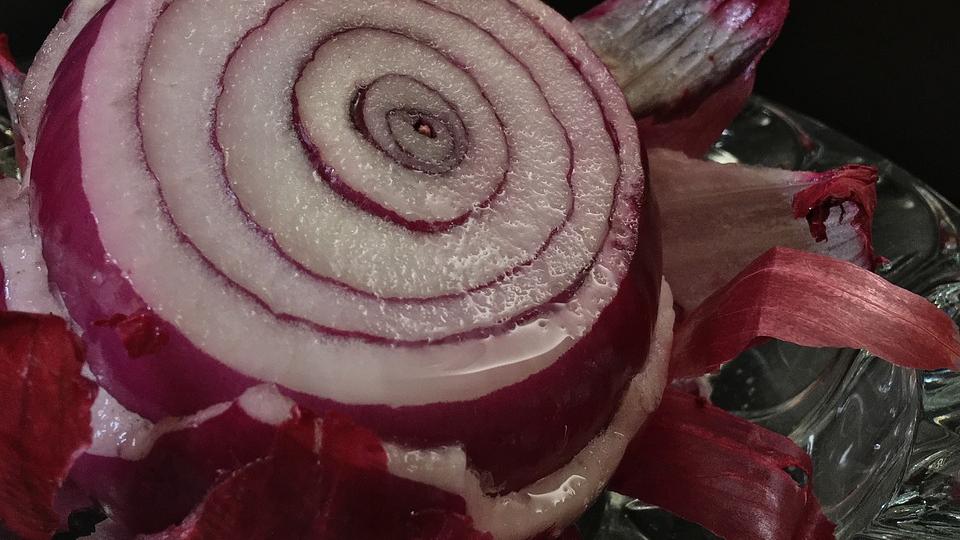We just love indulging in all things greasy, fried and decadent; don’t we? Today, burgers, pizzas, chips and sodas have become an unavoidable part of our lives. While eating junk food at times is okay, the problem arises when our temptation goes out of control. Eating excess amounts of fried and junk foods leads to several lifestyle diseases – high cholesterol being one such instance. If you look around, you will find high cholesterol is one of the most common conditions faced by people of today’s generation. There are two types of cholesterol in the human body – HDL (good cholesterol) and LDL (bad cholesterol). When LDL level increases, it affects our heart health. This is why experts suggest keeping a check on our cholesterol levels for healthy living. Consultant nutritionist Rupali Datta suggests, “Your daily diet plays an important role in attaining and maintaining your health goals. High cholesterol can be prevented and effectively controlled by a combination of a good diet, regular exercise, ideal body weight and an overall healthy lifestyle.”

How Food Plays A Significant Role In Managing Body’s Cholesterol Level:
A new study, conducted by researchers at Mayo Clinic in Rochester, Minnesota and Richardson Centre at the University of Manitoba in Winnipeg, Manitoba, found that for several individuals “food for medicine” approach can be as effective as medications for lowering cholesterol levels, without adapting to any drastic lifestyle change. The findings were published in the ‘Journal of Nutrition’.
The participants of the study were given foods that are rich in fibre, plant sterols, ALA omega 3 fatty acids and antioxidants. The food options ranged from chocolate bars to strawberry-banana smoothies and walnuts. After 30 days, it was found that no cholesterol reductions were seen during this phase.
Explaining the findings, Stephen Kopecky, cardiologist and Director of the Statin Intolerance Clinic at Mayo Clinic stated that using food as a medicine approach “expands the options for medical professionals and patients.” He added, “Many patients who are unwilling or unable to take statin drugs may be able to help manage their high cholesterol, or hyperlipidemia with a realistic food-based intervention.”
[“source=food.ndtv]










